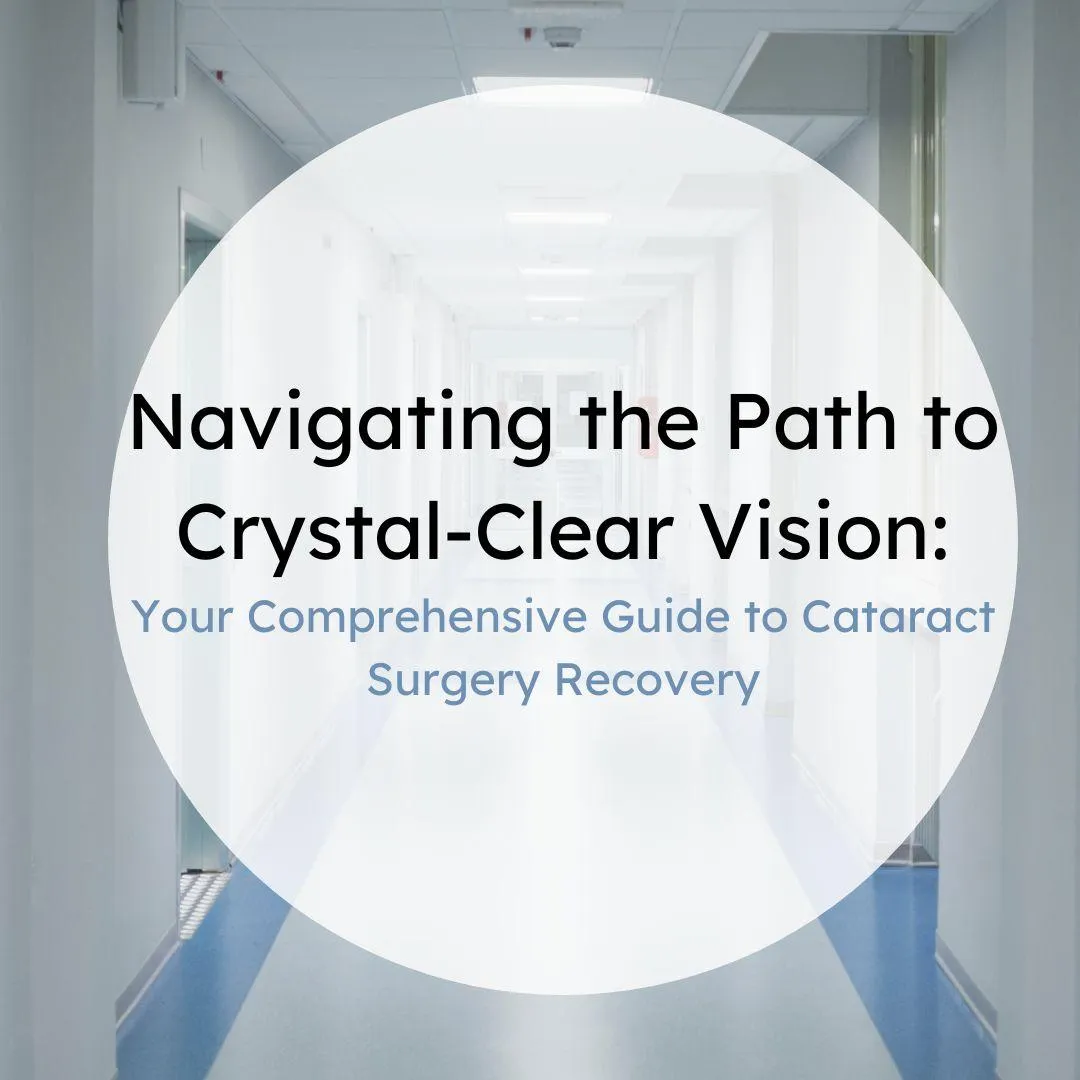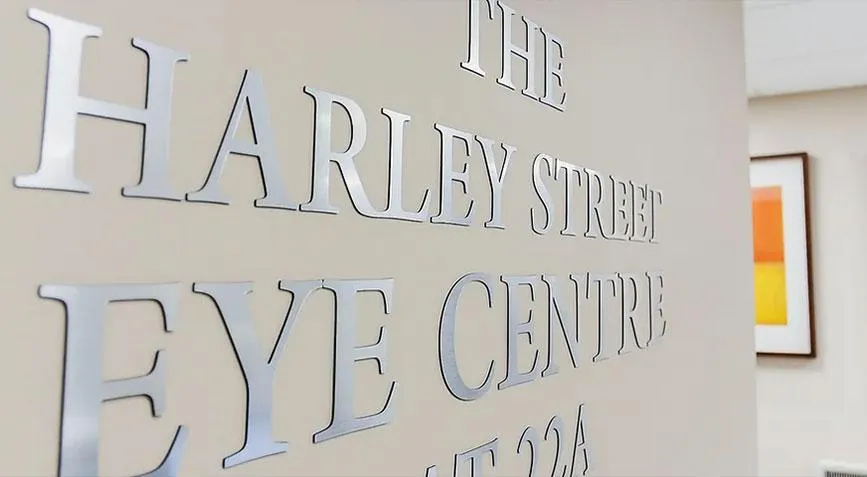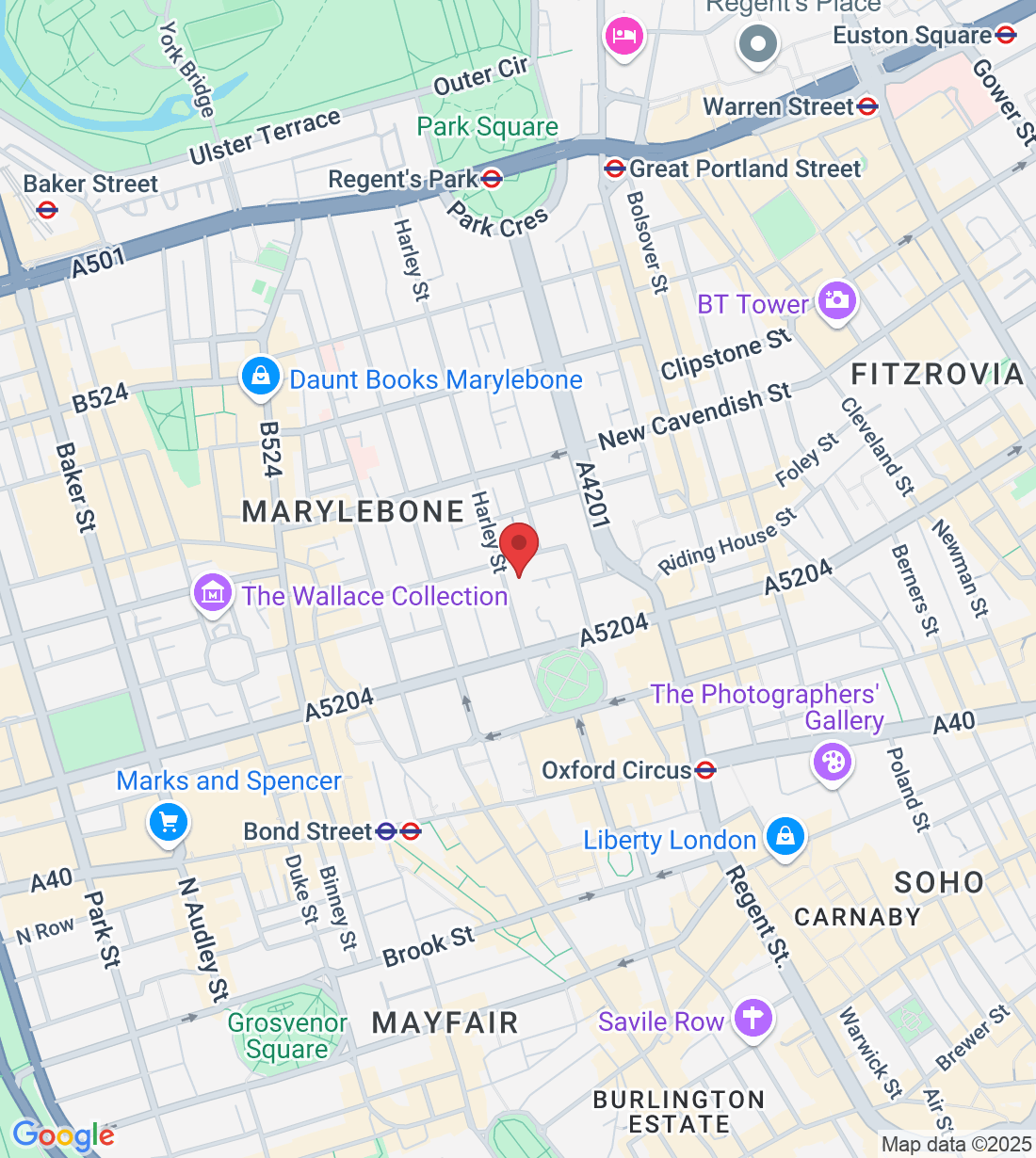
Navigating the Path to Crystal-Clear Vision: Your Comprehensive Guide to Cataract Surgery Recovery
Navigating the Path to Crystal-Clear Vision: Your Comprehensive Guide to Cataract Surgery Recovery
This informative article by an eye doctor outlines cataract surgery recovery, emphasizing neuroadaptation, comfort, and resuming activities. Whether you're pre- or post-surgery, it offers valuable insights for achieving clear vision.
Cataract removal surgery, also known as cataract surgery or lens replacement surgery, is a life-changing procedure that restores vision and quality of life for millions of individuals each year. While the surgery itself is relatively quick and painless, the journey to optimal recovery and visual acuity requires patience, care, and understanding. In this advisory article, I, as a practicing eye doctor, will guide you through the essential aspects of recovering from cataract surgery, including how to enhance neuroadaptation, alleviate discomfort, and regain clear vision.
Join me on my journey to regaining clarity with Dr. Ghabra through cataract surgery. If you're considering this life-changing procedure, our blog is your personal guide.
https://www.eyesat22a.com/blog/b/egaining-clarity-my-journey-with-dr-ghabra-through-cataract-surgery
Understanding Cataracts: A Brief Overview
Before delving into the specifics of recovery, it's essential to grasp what cataracts are and why cataract surgery is necessary. Cataracts are the clouding of the eye's natural lens, leading to blurry vision, reduced clarity, and difficulty in performing daily tasks. Cataract surgery, also referred to as eye cataract operation or cataract extraction surgery, involves removing the clouded lens and replacing it with an artificial intraocular lens (IOL). This replacement lens, chosen based on your unique needs, can significantly enhance your vision and quality of life.
The Road to Recovery: Enhancing Neuroadaptation
One of the key factors in achieving the best possible outcome from cataract surgery is neuroadaptation, a process where your brain learns to process the new visual information provided by the IOL. Here are some tips to maximize neuroadaptation:
Follow Post-Operative Instructions: Adherence to your surgeon's post-operative instructions is crucial. These may include using prescribed eye drops, wearing a protective eye shield, and avoiding strenuous activities.
Regularly Practice Eye Exercises: Simple eye exercises recommended by your doctor can help your brain adapt to the new vision. These exercises may involve focusing on different distances and tracking objects with your eyes.
Be Patient: Neuroadaptation takes time. Your brain may need several weeks to adjust fully. Initially, you may experience glare or halos, but these usually diminish as your brain adapts.
Frequent Follow-Up Visits: Attend all scheduled follow-up appointments with your eye doctor. These visits allow your doctor to monitor your progress and make any necessary adjustments to your treatment plan.
Comfort and Relief During Recovery
Recovering from cataract surgery can be a comfortable and relatively painless experience with proper care and attention. Here are some strategies to ensure your comfort during this period:
Manage Eye Discomfort: It's common to experience some mild discomfort, itching, or foreign body sensation after surgery. Use prescribed eye drops as directed to minimize these symptoms.
Avoid Rubbing Your Eyes: Refrain from rubbing or putting pressure on your eyes, as this can disrupt the healing process and potentially lead to complications.
Protect Your Eyes: Use protective eyewear or sunglasses to shield your eyes from bright sunlight and dust when outdoors. This helps prevent irritation and promotes healing.
Rest and Sleep: Adequate rest and quality sleep are essential for your overall well-being and recovery. Ensure you get enough sleep to support the healing process.
Unlock crystal-clear vision with '5 Key Considerations for Premium Intraocular Lenses in Cataract Surgery.' If you're exploring your options, our blog provides essential insights.
Regaining Clear Vision
As you recover from cataract surgery, you may encounter some temporary changes in your vision, including blurriness. Here's what you can expect and how to address it:
Blurry Vision: Blurriness is normal immediately after surgery. It often improves within a few days as your eyes heal. Follow your doctor's advice on when to resume normal activities, as strenuous activities can delay healing and worsen blurriness.
Driving: You should refrain from driving until your vision has sufficiently improved and you receive approval from your eye doctor. This is crucial for your safety and the safety of others on the road.
Reading Glasses: Depending on the type of intraocular lens (IOL) used during surgery, you may still need reading glasses for close-up tasks. Discuss your visual goals and IOL options with your surgeon during pre-operative consultations to minimize your dependence on glasses.
Resuming Normal Activities
The timeline for returning to your regular activities may vary from person to person and depends on several factors, including the complexity of your surgery and your overall health. However, here is a general guideline:
Driving: Most patients can resume driving within a few days to a week after cataract surgery, provided their vision meets legal requirements and they receive clearance from their eye doctor.
Work and Daily Activities: Many patients can return to work and resume their daily activities within a week of surgery. However, it's essential to avoid heavy lifting and strenuous activities during the initial healing period.
Exercise and Sports: While low-impact exercises like walking are generally safe soon after surgery, high-impact sports and activities that pose a risk of eye injury should be avoided for a few weeks.
Swimming: Avoid swimming for at least a week after surgery to reduce the risk of infection. Consult your doctor for specific guidance.
Celebrate a decade of vision transformation with 'My Journey with Premium Implantable Lenses in Cataract Surgery.' If you're looking for life-changing experiences, our blog has the story.
Final Thoughts: Embracing the Gift of Clear Vision
In conclusion, cataract surgery offers the gift of renewed vision and an improved quality of life. By focusing on enhancing neuroadaptation, managing discomfort, and following your doctor's guidance, you can make the journey to clear vision a smooth and rewarding one. Remember that each individual's recovery is unique, and your doctor will provide personalized recommendations to ensure the best possible outcome. As you embark on this path, embrace the opportunity to see the world with newfound clarity, free from the limitations of cataracts. Your vision is a precious gift worth nurturing and protecting.
If you have any concerns or questions during your recovery, do not hesitate to reach out to your eye doctor. They are there to support you on your journey to optimal vision.
Ask And His Team
Fill in the form to request a Call From Our Team
One of our team will call you for FREE and answer any questions or concerns you may have about your eye health
WHERE TO FIND THE HARLEY STREET EYE CENTRE

22a Harley Street, London W1G 9BP
Mon - Fri: 10am - 7pm
On street parking paid through ring go app, no free parking available
Bond Street and Oxford Circus Tube Station
Opening Hours
Monday: 10:00am – 7:00pm
Tuesday: 10:00am – 7:00pm
Wednesday: 10:00am – 7:00pm
Thursday: 10:00am – 7:00pm
Friday: 10:00am – 7:00pm
© Copyright 2023. The Harley Street Eye Centre. All rights reserved.





